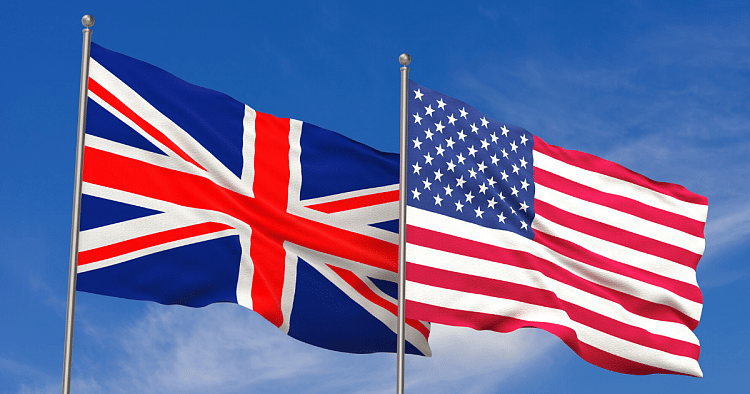News

Ireland Demand From Biden and Some Massachusetts Democrats Threatens Potential U.S.-U.K. Trade Deal, Experts Say

Once enemies, the United States and the United Kingdom have been allies for generations.
Will that alliance improve with stronger trading relations as the United Kingdom leaves the European Union? Or will ancillary issues get in the way?

